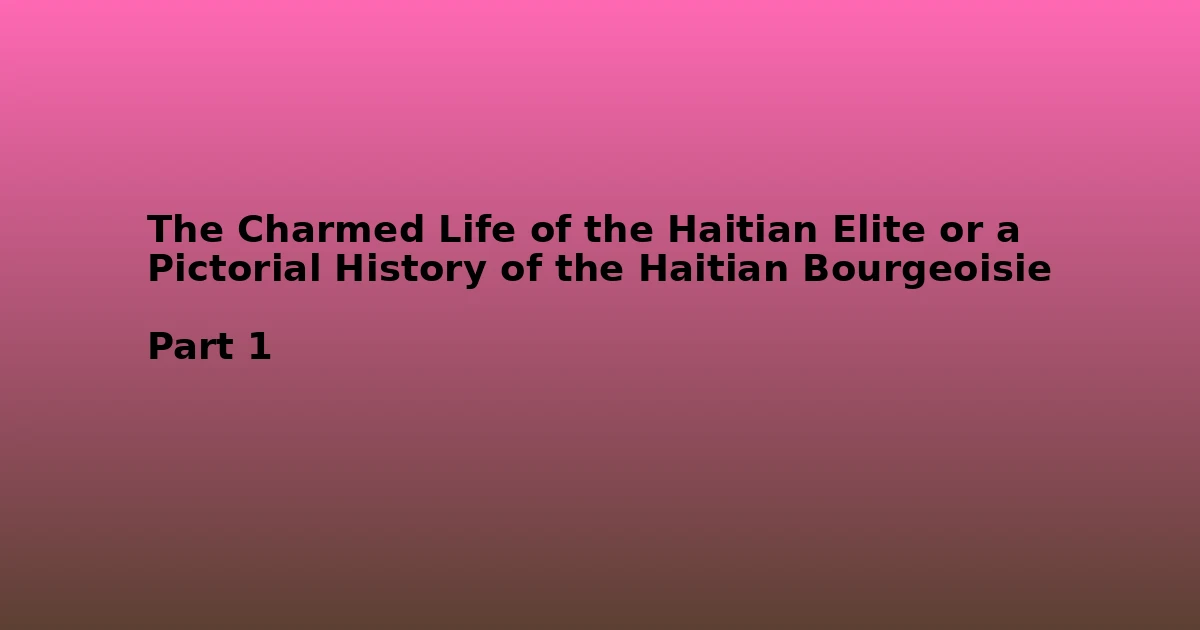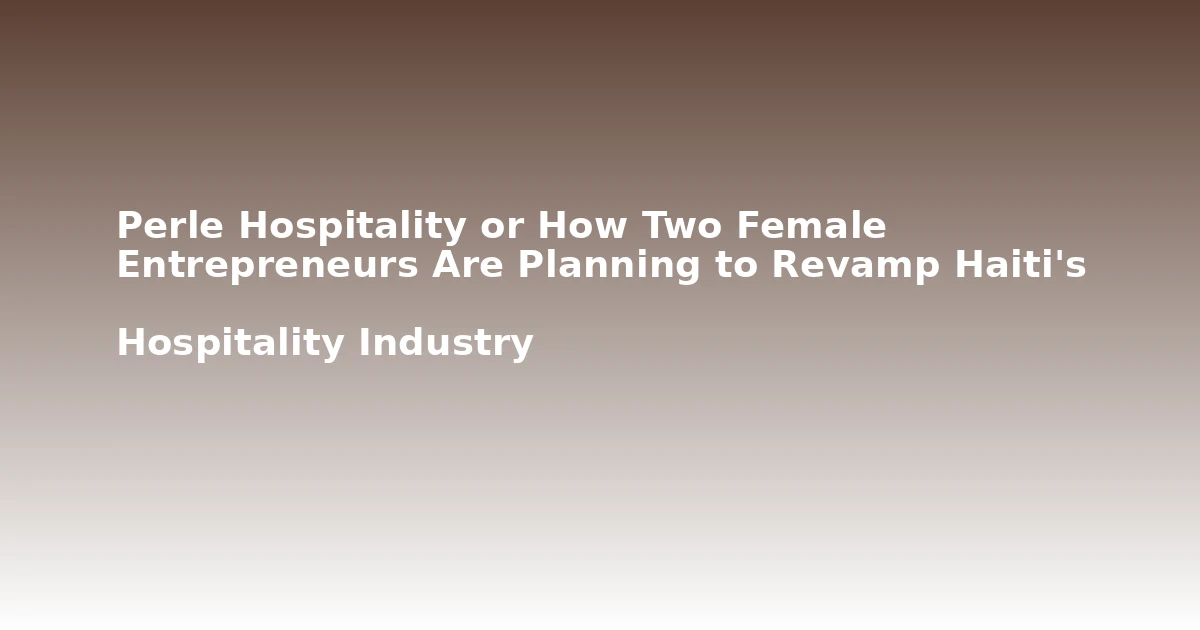James Vergneaud’s stage name Rebel Layonn is pronounced Rebel Lion—lion as in the king of the forest. Vergneaud says it’s fitting because the lion is his astrological sign, and his cultural consciousness pushed him to adopt the Creole phonetics for the English version of the word “lion”. Among his friends and family members, he was known as a rebel with a righteous cause. Thus, Rebel Layonn came into being.
The artist, who’s highly influenced by reggae, says he wants to use his music as an ammunition of change for a world community. His debut album, Misyon (Mission) has just been released and features a track entitled “Rejwi” (Rejoice). The song encourages all to continue to smile and exemplify contentment in spite of the hardest-hitting adversity.
Most artists who are into reggae count Bob Marley and pioneers like Lloyd Brevette among their influences. Is that the case with you?
I would say my influences in reggae arises from different figures, [other] than just Marley, but also from different genres of music—from local traditional Haitian roots to world, hip hop of the 90’s, dance hall etc.
What is the music scene like in Haiti?
Well, it’s not an easy road to trod for the genre of music I do particularly. Artists have to struggle to make it on the music scene here in Haiti. As a musician or artist, you work hard daily to feed the public with good music and uplifting messages, but what is being fed to the public through the media is totally the contrary.
I ask myself if there’s a music industry really in Haiti. There is so much talent in the country, but yet no structure to assist those talents to get anywhere. It’s always who you know, how much money you’ve got to pay for airplay. In general, without a firm vision and goal as an artist evolving in Haiti, you can easily become hopeless and discouraged with the music scene here.
You actually play the guitar. How did you get interested in playing it? Who taught you?
I got interested in the guitar after I was introduced to it by an older friend and I’ve always thought of the benefits that it would bring to my creativity and my music if I played a musical instrument. After I got introduced to the guitar by that older friend of mine, he taught me the basic major chords. And from there, I took it upon myself to learn further—so I dug into books and researched all [kinds of] documents that I came across to help me with my playing— ’cause I’ve always wanted to accompany myself as I sing. It’s a great feeling to have that extra ability.
Can you remember the first time you ever performed for an audience?
As far as I can remember, my first performance for an audience was in the early 90’s. I think I was around 14 years old at that time. It was at a house party and the audience loved it and [ever] since then, that built my confidence in wanting to go further with my music.
Is there a particular message that you try to make come across in your music?
The messages in my music are mainly based on universal love, peace and unity amongst all creation, equal rights and justice, joy and hope for the poor and the downpressors.
Tell us about your latest album.
Misyon has 15 tracks—13 of which are produced by Jimmy Rock—and two other tracks produced by a Russian producer name Ganjet and a Haitian-Swiss producer name Jahnaton, with Raphael Roumain as the executive producer and head of KayPay—the label that the album is released under. Eighty-five percent of the album is in English and the rest is in Creole,[but] mostly English, because I envision my messages[and] my music crossing all borders and English being the most universal language at this time—so I make use of it with some Spanish[-language artist] features.
I have different collabos on the album by artists like Jean-Bernard Thomas, Sarah Renelik; a young upcoming female voice, Christella Laguerre; Zikiki, —a Dominican reggae artist-musician.
I also have many musicians that have laid their touch on the album like Yohann Dore, Voltaire Gliffood, Daniel Regis—just to name a few.
Is there a special story behind any of the tracks?
There are some stories behind some tracks on the album, but I’m gonna share with you the story about track #13 on the album. “No Discrimination” is a track that I got inspired [to write by what was happening] in the Dominican Republic after I visited some bateys where people of Haitian descent lived and worked.
The condition of the environment and the people really touched me and outside of the bateys, the rage and racism I felt coming from the Dominican people towards black-skinned Haitians moved me to write that song “No Discrimination” featuring JahBeat—a Dominican artist who is conscious of the situation and felt the same way as I did.
So, we came together on one track to set the example with lyrics like these and I quote the chorus of that song: “No discrimination.
Cease the racism the classicism nation against nation, there’s only one religion that is love for everyone, no discriminacion…no racismo ni clasis mo de nación contra nación hay una sola religión que es amor para toda la creación…”
What’s your creative process like in terms of creating music and writing lyrics?
It really varies. Lots of times, it’s spontaneous. You get inspired by things that sometimes you never thought could inspire you, but normally I’m a nature person.
So, being out there in the greenery of the mountains, the valleys and the seas—all that put me in very inspirational moods. I’m very moved by what’s going on around me social, political, economical situations all brings ideas, lyrics, and melodies to me in the process.
What do you parents say about your having a career in music?
Both of my parents are deceased [even] before I got into music. So, I don’t know what would their reaction would be today towards my career in music. But, my dad and mom were always great music lovers from what I can remember. Other family members seem to be very proud of of me [and] what I do—especially my sisters, cousins, etc.
Sorry to hear that your parents have passed. What are you most proud of?
I’m mostly proud that I engage in music for a good cause—more of a revolutionary cause.
I feel like I’m not disappointing my ancestors who fought and shed their blood for their offspring [to] be [here] today, and I’m sure I’m affecting and influencing people of all cultural background positively on all levels [and] give thanks and praises to the Most High.
One of your songs “Rejwi” really encourages listeners to be grateful for everything they have, and to be joyful and optimistic. Is there something in particular that inspired this record?
I was inspired to write that tune after the 2010 earthquake happened in Haiti. Living the horrible pain and loss of my nation, I felt I had to bring a psychosocial healing to the people so badly affected by that earthquake. Seen millions of people so [full of] despair [and] down and out.
In my heart, I talked to the Divine and asked to be used as a vehicle to bring a message of hope, optimism, and joy that would affect the people in way to [help them] continue to be grateful and embrace life as a blessing despite all the loss. In the mountain heights of Kenskoff, I was inspired [to write] “Rejwi”. The production is [done by] Jonathan Fallet—Jahnaton—and [we] delivered that message to my Haitian people to uplift and reinforce [positivity in] them again in their everyday lives after such tragic disaster.
And what are you personally most grateful for?
I’m so grateful for all the blessings that Jah has rained upon me, by giving me an extraordinary wife and kids.
Though I’ve been an orphan [from an] early age, The Most High always keeps me protected and cared for by putting caring and loving people in my route—[so that I’m] able to stand today in health and happiness.
What counsel would you like to give to those who would like to become musical artists?
Like I always say, if Jah blesses you with talents and skills, it’s for a divine reason. [It’s] so that [this] talent and skills [can] be used for a good cause in return. Being a musical artist, you have lots of power and [that] forces [you] to influence the public in whichever way you want. So, when you choose to be an artist, do it with good intentions. Do it to make a difference in people and the universe, and your reward shall be unlimited greatness.
What’s next for you?
With my debut album released, I plan to push it with no limits, to reach as much borders as possible. We are planning a national tour [and] to follow [up] with an international tour to push the album to the fullest. In the meantime, my social work with kids will continue under the umbrella of Gerye Jwa—-a local organization with a psychosocial program for kid victims of trauma caused by poverty, violence, diseases—for which I am the Creative Director. I’m also looking forward to working with many producers in the reggae industry [who are] known worldwide—for future projects and more.
Come on you guys, let’s do our best to lend our support to these artists. You can purchase Rebel Layonn’s album on iTunes by , on CD Baby by . Be sure to also connect with the artist on .
[All photos provided by subject. Mountain top photo: Courtesy of ]
Check out other artists who have been covered for the Haiti’s Got Talent segments by CLICKING HERE.
Last Updated on December 2, 2025 by kreyolicious



